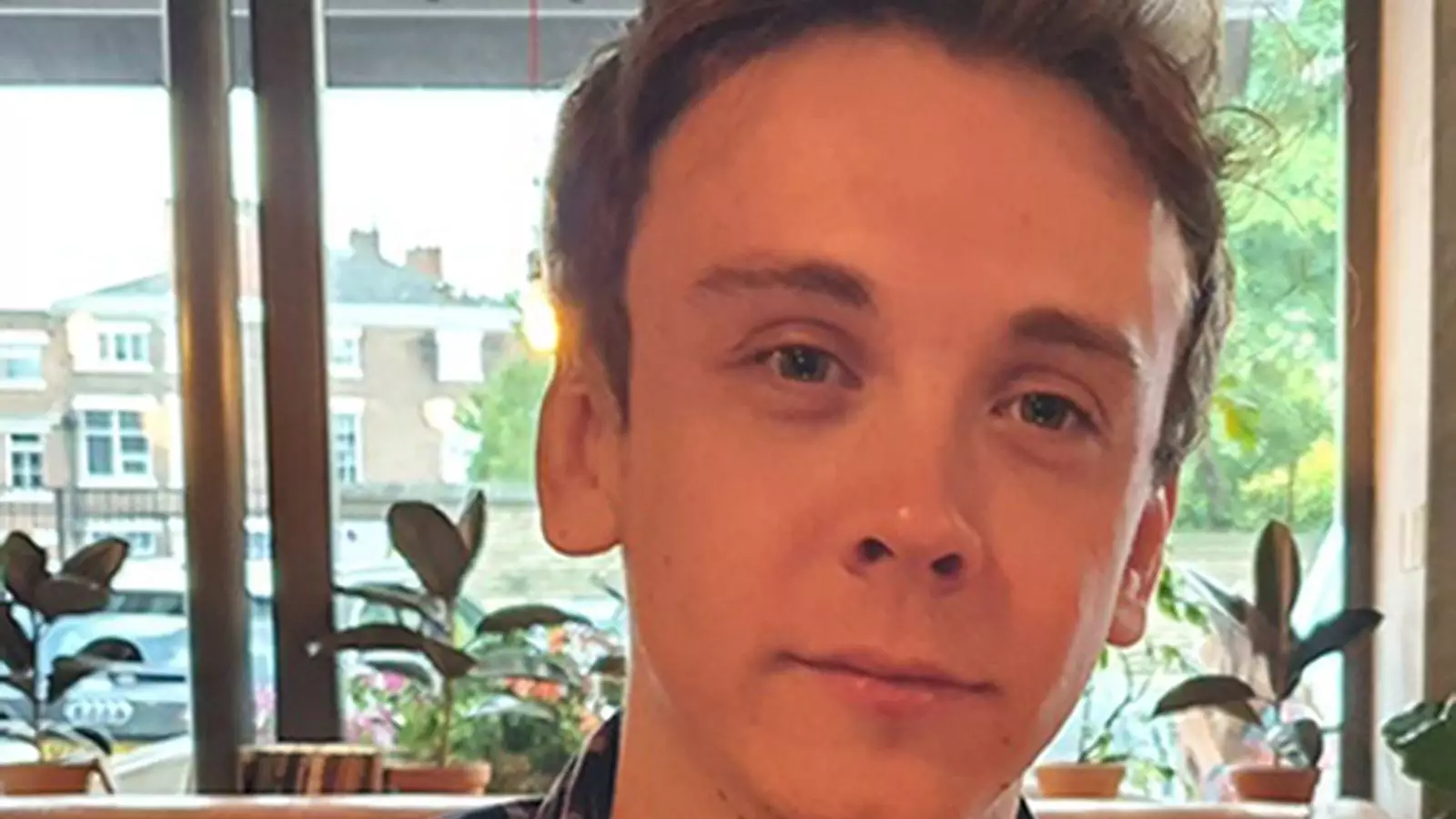A tragic event in Birmingham in 2020 left Michael Callaghan permanently disabled and his best friend, Jacob Billington, dead. This horrifying incident was perpetrated by a paranoid schizophrenic, highlighting the failures of authorities to prevent such attacks. Shockingly, similar circumstances were seen in Nottingham last year, where Barnaby Webber, Grace O’Malley Kumar, and Ian Coates lost their lives due to an attack by individuals with known mental health issues.
In both cases, the attackers were known to be dangerous by professionals, suffering from serious paranoid schizophrenia. Despite this knowledge, they were not engaging with health services nor taking prescribed medication. This lack of oversight allowed these individuals to freely roam the streets armed with knives, targeting innocent victims. It is baffling how such obvious warning signs were overlooked, leading to tragic consequences.
Four years after his attack, Michael Callaghan continues to struggle with the physical and emotional effects of that fateful night. Stabbed in the neck, he suffered a stroke that paralyzed one arm and affected his sight. The scars on his head serve as a constant reminder of the life-altering injuries he sustained. Despite the challenges he faces daily, Mr. Callaghan is still grieving the loss of his friend Jacob, whose absence has left a void that no disability can fill.
Accountability and Lack of Closure
Following a scathing report on the mismanagement of the Nottingham attacker, Valdo Calocane, Michael Callaghan expressed his frustration at the lack of accountability. The parallels between this case and the one involving his own attacker, Zephaniah McLeod, are clear. Both individuals were deemed dangerous yet were allowed to roam freely without supervision or proper medication. This glaring negligence raises questions about the decision-making process within the healthcare and criminal justice systems.
On average, over 100 people die each year in the UK due to incidents involving individuals with mental illness. Jacob Billington’s mother, who has been advocating for systemic reform since her son’s tragic death, emphasizes the urgent need for change. She fears that without a comprehensive public inquiry to examine the flaws in the system, more lives will be lost needlessly. The lack of progress in addressing the root causes of these tragedies is deeply troubling and demands immediate action.
The devastating impact of mental health-related incidents cannot be understated. The stories of Michael Callaghan, Jacob Billington, and countless others serve as a stark reminder of the consequences of system failures and inadequate oversight. It is imperative that lessons are learned from these tragedies and that concrete steps are taken to prevent similar incidents in the future. Only through accountability, transparency, and a commitment to change can we honor the memory of those we have lost and ensure a safer society for all.

Leave a Reply